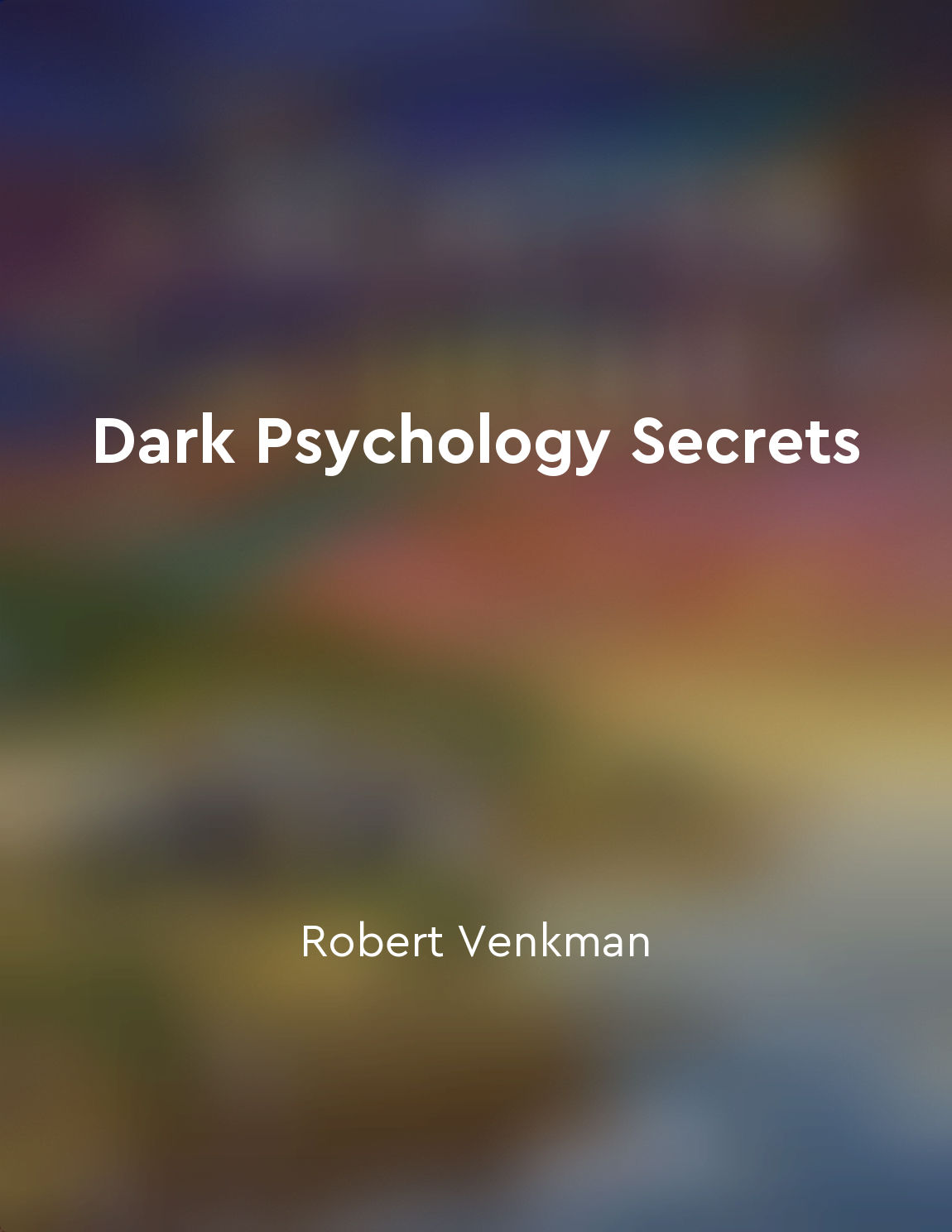We make decisions based on past experiences from "summary" of Why Don't Students Like School? by Daniel T. Willingham
When we face a decision, we often look to our past experiences for guidance. This is because our past experiences shape our beliefs, values, and preferences, which in turn influence the decisions we make. For example, if we have had negative experiences with a particular type of food in the past, we are unlikely to choose to eat that food again in the future. Our brains are wired to learn from experience, as this helps us navigate the world more efficiently and effectively. When we encounter a new situation, our brains automatically search for similar past experiences to help us make sense of the present moment. This process, known as pattern recognition, allows us to quickly assess the situation and make a decision based on what has worked in the past. However, relying too heavily on past experiences c...Similar Posts
Compound interest is a powerful wealthbuilding tool
Compound interest is a wonder of the financial world. It's like a magic trick that keeps on giving. The concept is simple: your...
The assault on reason can be countered through education and awareness
In an era where reason and rational discourse seem to be under constant attack, the importance of education and awareness canno...
Novelty: newness grabs attention
Novelty is a powerful trigger that can be used to captivate attention. When something new is introduced, people's curiosity is ...
Understanding biases can lead to more objective decisions
Understanding biases can lead to more objective decisions. Biases are systematic errors in thinking that can affect our judgmen...
Introduction to logical thinking
Logical thinking is the foundation of rational thought and critical reasoning. It is the process of analyzing and evaluating in...
Behavioral economics challenges traditional economic theories
Traditional economic theories have long been based on the assumption of rational decision-making by individuals. According to t...
Herd behavior can lead to collective irrationality
Herd behavior can lead to collective irrationality, as individuals tend to follow the crowd without critically evaluating the s...
Identity is uncertain
According to David Hume, the concept of identity is a complex and perplexing one. He argues that our understanding of identity ...

Psychological warfare
Psychological warfare is a concept that involves the use of psychological tactics to manipulate, intimidate, and control indivi...
Prioritize financial independence
When it comes to managing your money, one of the most important things you can do is to prioritize financial independence. This...
